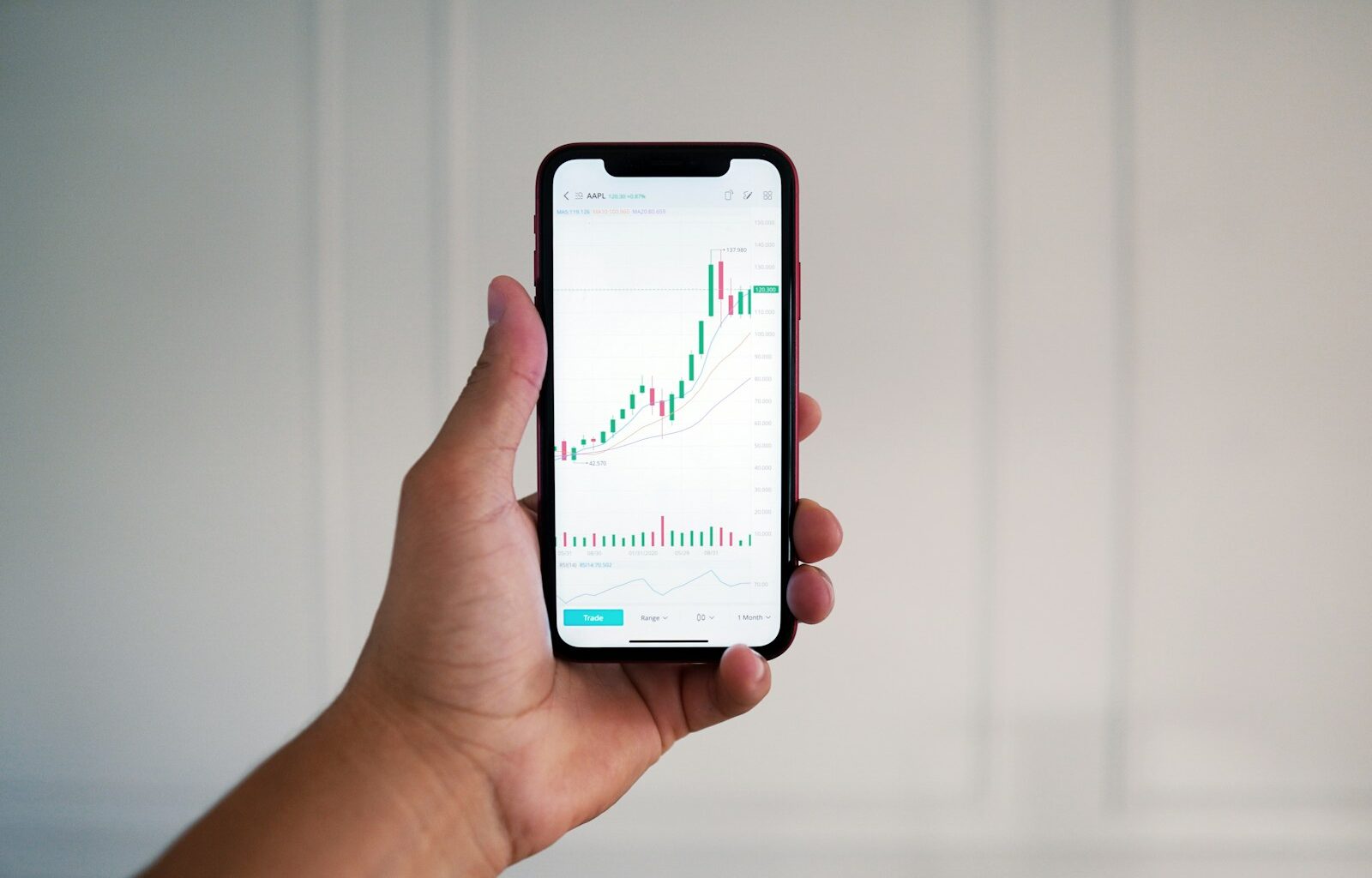European stock markets experienced a surge today amid positive economic indicators and ongoing trade uncertainties. Yields on government bonds across Europe ticked lower Tuesday morning as investors processed recent trade developments. The yield on German bonds, a benchmark for the eurozone, dropped by 4 basis points by 9:30 a.m. in London.
Similarly, bond yields in France and Switzerland also saw declines. Provisional data from Insee, France’s statistics office, indicated an annual harmonized inflation rate increase of 0.6% in May, down from 0.9% in April. The slowdown is attributed to a reduction in service prices and contracting energy costs, though food prices continued to rise.
European stock markets broadly rose in the first 15 minutes of trading today. The STOXX 600 index opened 0.2% higher, while the FTSE 100 posted a gain of 0.8%. France’s CAC 40 declined by 0.2% and Germany’s DAX held steady.
The GfK Consumer Climate report indicated improved German consumer sentiment in May, although lingering U.S. tariffs dampened spending willingness. Driven by slowing inflation and favorable wage settlements, the index rose for the third consecutive month. However, analysts noted that consumers remained cautious about discretionary spending given the unpredictable U.S. trade policies and economic uncertainty.
The British Retail Consortium’s latest inflation data suggests some U.K. retailers are preemptively lowering prices to counter anticipated U.S. tariffs. “Non-food prices remained in deflation, but this slowed in categories like fashion and furniture,” Helen Dickinson, BRC Chief, explained. Electrical goods saw faster price falls as retailers aimed to boost spending before the potential tariff impact.
Food inflation in the U.K. increased by 2.8% year-on-year in May, marking the fourth consecutive month of rising prices. The surge was driven by higher wholesale beef prices and added costs from increased Employer National Insurance contributions and National Living Wage. According to BRC, fresh food prices were a significant factor in the upward trend.
European stock markets are expected to have a mixed opening. Futures contracts suggest a 0.2% drop for the STOXX 600 index, while Germany’s DAX is poised for a 0.1% decline. Conversely, France’s CAC 40 is expected to open flat, and the U.K.’s FTSE 100 is forecasted to gain 0.8%.
European markets surge amid trade developments
Eurostoxx futures have risen by 1.5% in early European trading. This increase is seen as a solid bounce back from Friday’s drop, which was triggered by a statement from former President Trump indicating he would press the EU with 50% tariffs starting June 1.
However, earlier today, he announced a delay to July 9 to allow for negotiations in the interim. German DAX futures also saw a rise, up by 1.4%. While U.S. markets are closed, S&P 500 futures are currently up by 1.0%.
European indices opened Friday’s session higher, posting a modest rebound after two consecutive days of correction. Despite the recovery, operators remain cautious, looking for new drivers. The focus remains on the US fiscal situation, which continues to destabilize global markets and put upward pressure on bond yields.
Encouraging signs are emerging from the dialogue between the US and China, with a phone call between senior officials signaling open and constructive communication channels. Additionally, a meeting between the EU and the US is expected today, emphasizing transatlantic trade relations. On the macroeconomic front, Germany has revised its first-quarter GDP growth upward to 0.4%, from the 0.2% initially estimated.
This improvement is supported by a solid performance in the manufacturing sector and a surge in exports in March. The FTSE MIB index rose 0.1% to 40,277.94 points. Among the smaller indices, the Mid-Cap increased by 0.6% to 54,545.68, the Small-Cap rose by 0.5% to 31,480.33, and the Italy Growth index climbed 0.4% to 8,033.32.
Similarly, the FTSE 100 in London, the DAX 40 in Frankfurt, and the CAC 40 in Paris also posted gains of 0.3%, 0.5%, and 0.2% respectively. Iveco surged 4.8% to EUR 17.46 per share, marking a new 52-week high at EUR 17.50 per share. Azimut appreciated by 4.3%, following a 1.5% decline in the previous session, reaching EUR 27.08 per share.
The company announced a binding agreement with FSI SGR Spa to create TNB, a digitally-native bank specializing in wealth management. In other market movements, Enel saw a minor decline of 0.2% after approving a EUR 3.5 billion share buyback program. This initiative involves repurchasing up to 4.9% of its share capital, in addition to paying dividends to shareholders.
UniCredit confirmed that Consob has suspended its public exchange offer on Banco BPM for 30 days to allow investors to assess the situation in light of the Golden Power exercised by the government. UniCredit expressed that this suspension would provide necessary time for obtaining clear information and confirmed its ongoing talks with authorities to comply with regulatory requirements.
